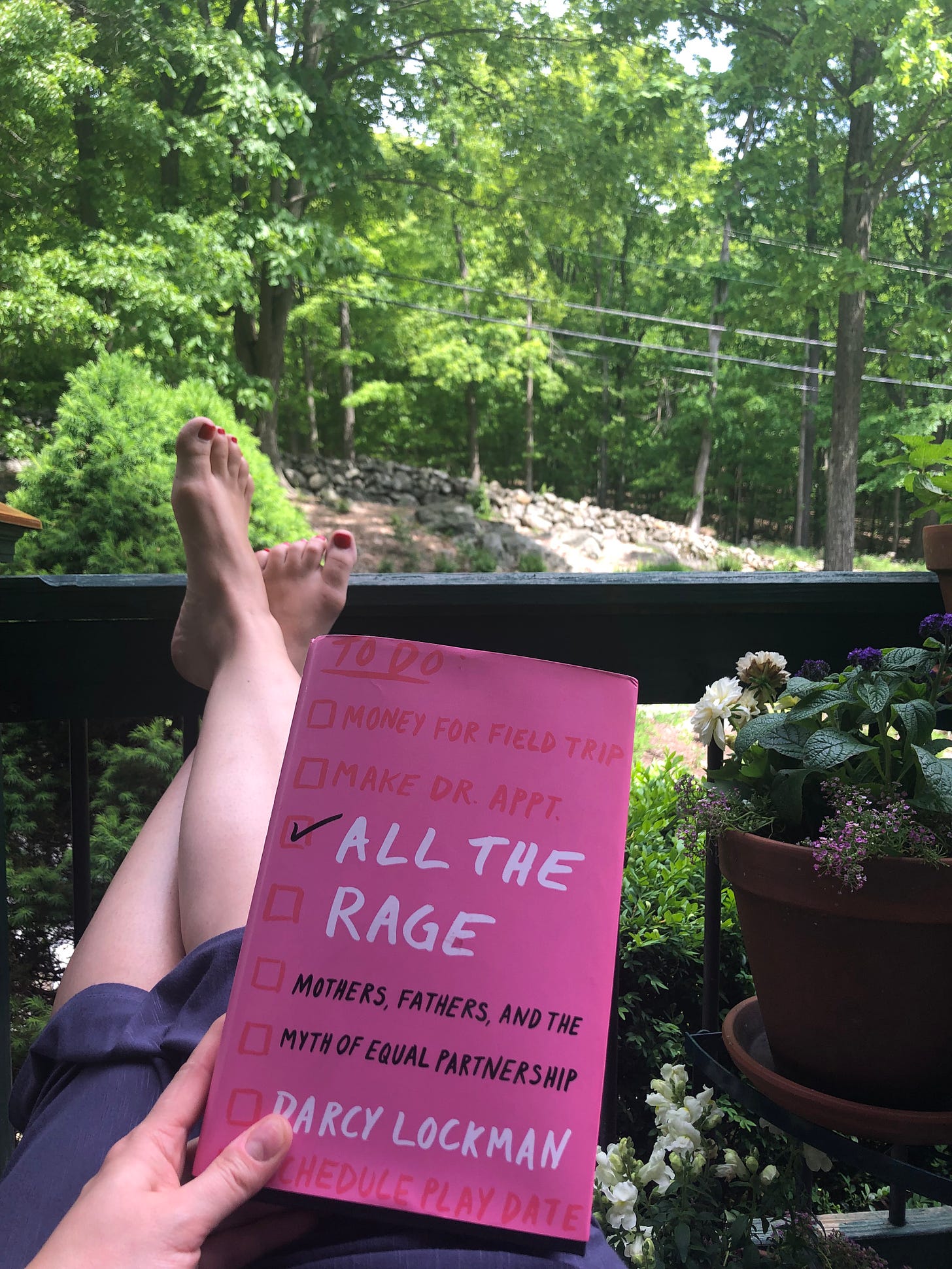This month, I’ve been reporting on the tough choices faced by pregnant women managing chronic diseases: Do they treat their symptoms (whether that’s physical pain or mental instability) even if it means accruing unknown risks for their babies? Or do they try to muscle through for nine months (and beyond, if breastfeeding) to mitigate all possible risk to their pregnancy?
It’s frustrating because the majority of medications have never been studied for use during pregnancy (or infancy, as I explored in this Elle piece in 2017). But it’s also a false paradox. Not treating an illness, of any kind, is also a risk. By not researching better options for these women, what science is really saying is that a woman’s health and well-being matters less than that of a baby growing inside her.
Of course, in the past few months, at least five states have passed laws that say exactly that. Alabama and Missouri lawmakers don’t want women and girls to get abortions even in cases of rape and incest. Other states allow exceptions for “medical emergencies” or a “significant risk” to a mother’s health, even though, as Warren Hern, MD writes in the New York Times, “every pregnancy is a life-threatening condition.” These laws all say the same thing: Women are vessels. Our health and happiness don’t matter. Once we become mothers, our identities and needs as people will be erased.
It’s horrifying and any good liberal (and a lot of conservatives; one-third of Republicans are, in fact, pro-choice) knows it. We’re preparing for the coming fight. (Donate to the ACLU, Planned Parenthood, NARAL and the National Network of Abortion Funds if you want to help.) But I’ve also been thinking about how internalized this notion — that women should be vessels for their families — has become across all political leanings. I’ve just finished Darcy Lockman’s remarkable All The Rage, where she shows how much the imbalance in our domestic division of labor is a supposedly woke liberal guy problem. “Though many men are in denial about it, their resistance [to acknowledging gender disparities] communicates a feeling of entitlement to women’s labor,” she writes. At least when the conservative misogynists vote to control our bodies, they aren’t lying to us.

On social media, the most common solution to this inequity is to encourage moms to prioritize our own “self care,” by making time for Pilates classes and pedicures. (And sure, reading a good book with a cup of tea, but A LOT of self care, according to the internet, should revolve around making yourself prettier.) One mom I follow on Instagram even hashtags photos of herself mopping the floor as #selfcare because, she says, a clean house just makes her so happy and calm. I am not here to hate on anyone’s hobbies but can we all just agree that FLOOR MOPPING IS MANUAL LABOR and she is being had.
I have to own my own role in this, of course, as a women’s/parenting media writer; many of the publications I write in, and, I’m sure, some of my own articles, tout the benefits of moms doing self-care, which only reinforces the cultural narrative that we don’t and shouldn’t take time for ourselves. And on our podcast, Amy and I talk about why moms need to feed ourselves first, which can definitely be interpreted the same way, although it actually stems from my furious recognition that I knew a lot of moms who were LITERALLY NOT EATING during the day because they were so focused on tending to everyone else’s needs. It depresses the hell out of me that we’re in the third wave of feminism and still convincing women that they deserve to eat. But, see above about Alabama.
The solution to this grand, sweeping inequity is not something we can hashtag or buy online. It’s not about encouraging individual women to remember to take care of themselves while simultaneously curtailing their rights to their own bodies through laws and lackluster healthcare. And it’s absolutely not about convincing them that punishing workouts and beauty regimens count as “leisure time.” I’m not sure that there is any one, single solution — but email me what you’ve got, because I’d love to hear your thoughts!
But for now, I’m working on unapologetically taking time for myself, just as I unapologetically eat when I’m hungry. Not as “self-care” or some kind of respite from my life as a mom, but as a simple statement of fact about me, as a person with needs and interests. I’m not a mom who works, or a mom who loves to read, or a mom who does yoga — because no man defines himself as a dad who does those things. I’m a person who works, reads, does yoga… and also happens to be a mom.
Also…
On the blog: The other day I had fast-food from a drive-thru for lunch, and reflected that in the past this would have been a wellspring of stress and anxiety that interfered with the rest of my day or even week. Now? I got lunch, I ate lunch, I got back to work. Read more about this revelation here.
Comfort Food: On the podcast, Amy and I had a conversation about restrictive eating, what it can do when it happens to kids, and simple things you can do to improve your own relationship with food. Listen to “Why Moms Should Say Eff It To Dieting with Caroline Dooner” here.
Book talk: Earlier this month I went on the Positive Nutrition podcast to talk all things Eating Instinct with Paige Smathers. Listen here.
Finally, NO the morning-after pill does not cause abortions. Let’s put this myth to bed.


You're reading Burnt Toast, Virginia Sole-Smith's monthly newsletter. Virginia is a feminist writer, co-host of the Comfort Food Podcast, and author of The Eating Instinct. Comments? Questions? Email Virginia. If a friend forwarded this to you and you want to subscribe, sign up here.



